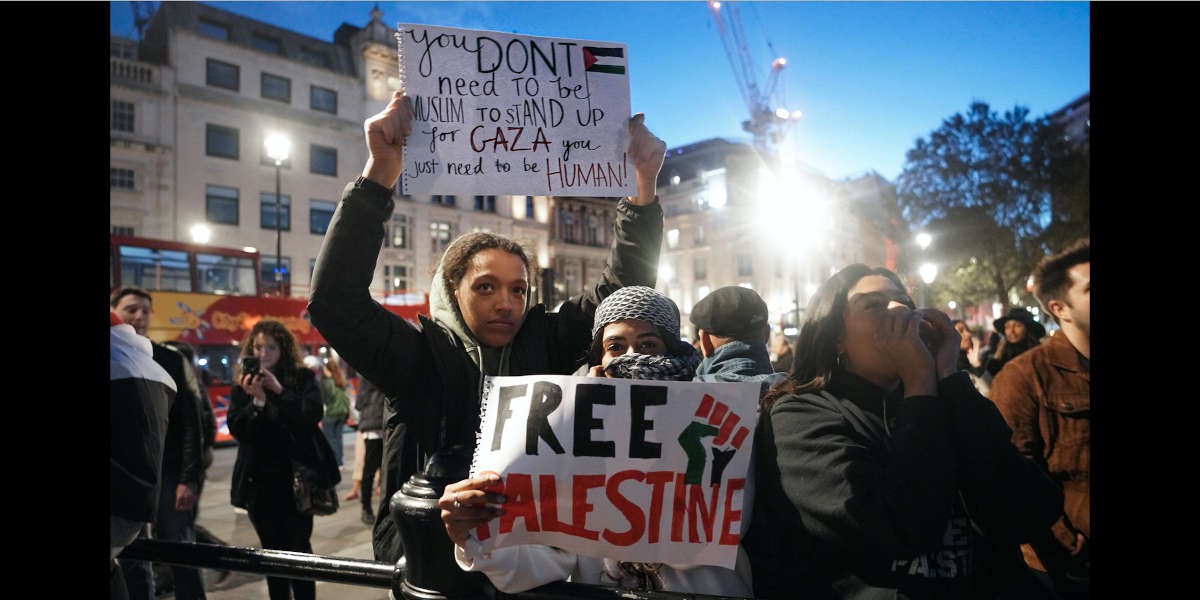A growing anti-American sentiment is sweeping across top universities in the United States, fueled by protests that initially began as criticisms of Israel’s military actions in Gaza.
However, these protests have evolved into a broader movement that seeks to dismantle America’s core institutions and challenge its very existence as a nation. This movement, self-branded as “anti-colonial,” demands “universal liberation” and promotes a totalizing, illiberal ideology that demonizes America and its systems.

Protesters have vandalized campus property, chanting slogans and displaying signs that equate the United States with death and oppression.
They view American military and law enforcement agencies as forces of evil and believe that democracy and the free market are responsible for ongoing oppression. University faculty have played a major role in shaping these ideas, teaching students that the US government is a force of exploitation rather than liberty.
The lack of ideological diversity on campus has enabled this anti-American sentiment to flourish, with social media amplifying the message and creating an echo chamber that rewards conformity and punishes dissent.
This is a departure from past instances of civil disobedience, where protesters disagreed with specific policies but still believed in the value of America as a concept.

The implications of this trend are concerning, as it projects a divided image abroad and undermines American leadership, which is crucial for combating threats to freedom and stability.
The world needs the United States to lead, but these protests aim to tear down the country’s very fabric. To counter this growing anti-Americanism, it is essential to recognize the gravity of this situation and promote open debate, critical thinking, and intellectual diversity.


